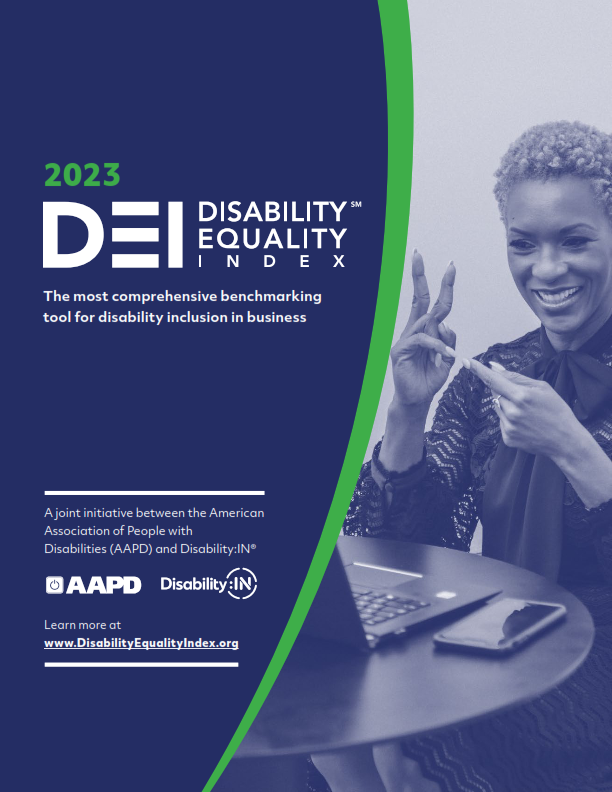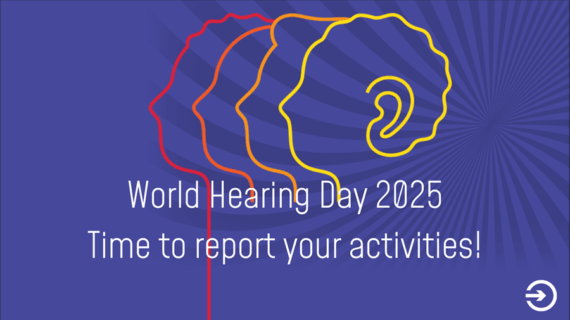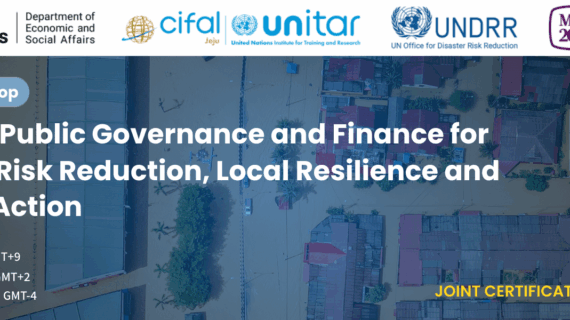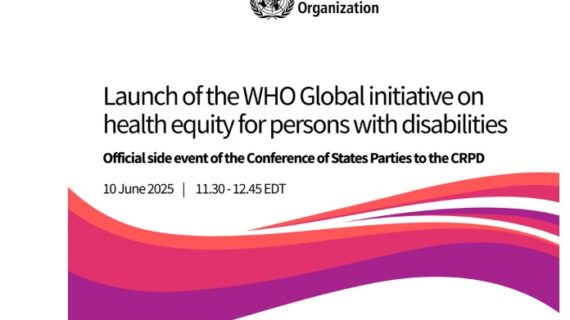The Disability Equality Index (DEI) 2023
The Disability Equality Index (DEI) has become the leading independent, third-party resource for benchmarking disability inclusion policies and programs inside corporate America, and is now trusted by more than 70% of the Fortune 100 and nearly half of the Fortune 500. Since its inception in 2015, participation in the DEI has grown 6x – from 80 companies in the DEI’s inaugural year to 485 in 2023.
A joint initiative of Disability:IN and the American Association of People with Disabilities (AAPD), the DEI is an objective, reflective, forward-thinking, and confidential disability rating tool designed to assist business in advancing inclusion practices. It is a comprehensive benchmark that helps companies build a roadmap of measurable, tangible actions across six categories: Culture & Leadership, Enterprise-Wide Access, Employment Practices, Community Engagement, Supplier Diversity, and Non-U.S. Operations (not weighted).
A total of 405 companies achieved top scorer status on the 2023 DEI with scores of 80 and above, and these companies have been recognized as 2023’s “Best Places to Work for Disability Inclusion”. A visible commitment to disability inclusion by senior leadership is highly correlated with strong performance on the DEI as 87% of the 164 companies whose CEO has signed Disability:IN’s CEO Letter on Disability Inclusion scored 80 or above in 2023.
The companies that have completed the DEI and the leaders who’ve signed the CEO Letter recognize that the 1.3 billion people living with a disability worldwide represent a tremendous source of talent and innovation for their workforce and market share for their brands, and they’re leveraging the DEI to help them build accessible, equitable, and inclusive businesses that resonate with people with disabilities.
Among the practices that have become foundational to a disability-inclusive organization, 89% of DEI participants indicate that they have a disability-focused Employee Resource Group and 91% include disability-focused information in new hire orientation. Workplace mental wellness and flexible work options became critical points of emphasis during the Covid-19 pandemic, and these trends only appear to be strengthening post-pandemic as 99% of DEI participants report offering flexible work options (up from 96% in 2022) and 85% offer wellness benefits that extend beyond their employee assistance program (EAP) and mental health benefits (84% in 2022).
All of this points to a growing collective voice that is calling for greater disability inclusion inside corporations, galvanized by an increased emphasis on confidential self identification initiatives. A total of 93% of DEI participants encourage employees to self-identify as a person with a disability (91% in 2022), and this Disability Equality Index 2023 2 focus likely contributes to a rise in median corporate self identification rates to 4.6% among companies reporting data which is up from a median of 4% in 2022.
Additionally, a two-year unscored Global Disability Equality Index (Global DEI) pilot concluded in 2022. The pilot achieved participation from 98 companies spanning 66 countries. Findings from the Global DEI pilot informed the launch of a scored benchmark that will open in 2024 to a broader range of companies.
LANDSCAPE OVERVIEW
The frenetic pace of change of today’s post-pandemic, politically polarized marketplace increasingly moves at the speed of social media which can often blur the boundaries of objectivity and opinion. Consequently, at the center of contemporary public discourse in the U.S. lies a debate surrounding diversity, equity, and inclusion programming and Environmental, Social, and Governance (ESG) priorities. Such initiatives gained momentum inside corporations following the murder of George Floyd, however these commitments appear to be receding amidst “anti-ESG” backlash and ongoing macroeconomic concerns such as inflationary pressures and the looming threat of a recession. These factors, in part, have contributed to a broad feeling of “diversity fatigue” across society and an overwhelming sense of burnout among corporate D&I practitioners who’ve seen budgets, headcounts and organizational support dwindle in recent months.
Despite these overarching headwinds, the commitment to advancing disability inclusion inside corporate America seems stronger than ever as evidenced by a 17% increase in Disability Equality Index (DEI) participation from 2022 to 2023. While disability is often opined as the “forgotten D in diversity”, corporate disability programming might be experiencing unexpected, albeit potentially short-term, insulation thanks to this phenomenon, generally seen as a negative, by which disability lies outside the scope of most ESG criticism.
Disability has largely been considered a politically neutral topic in the U.S. for decades as disability-focused legislation has been introduced from both sides of the aisle. The landmark Americans with Disabilities Act (ADA), which enumerates disability civil rights, famously garnered bipartisan support at the time of its 1990 passage.
If disabilityspecific policies can continue to largely avoid association with the unfavorable sentiments attached to more broad-based ESG agendas while leveraging the ubiquity of disability within every demographic and political affiliation, there exists potential for progress towards even greater equity for people with disabilities in the workplace, marketplace, and supply chain.







